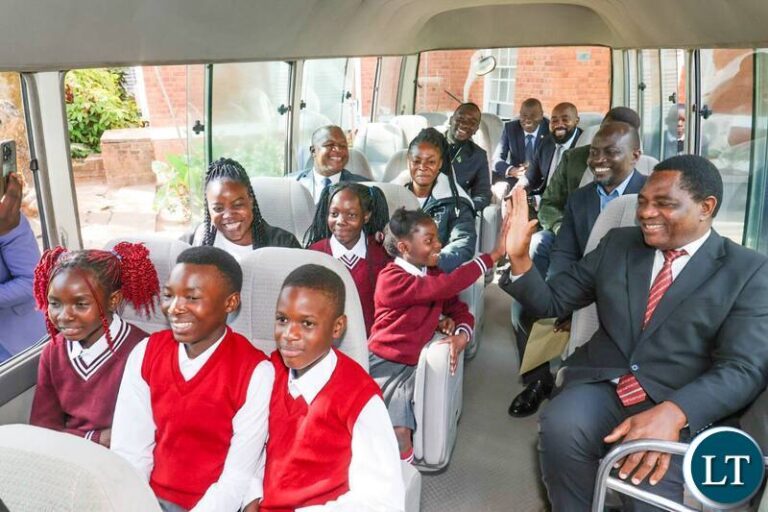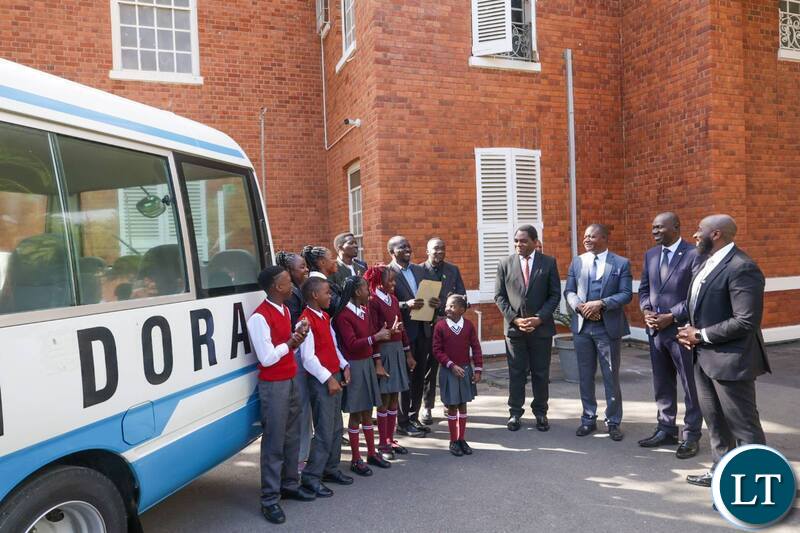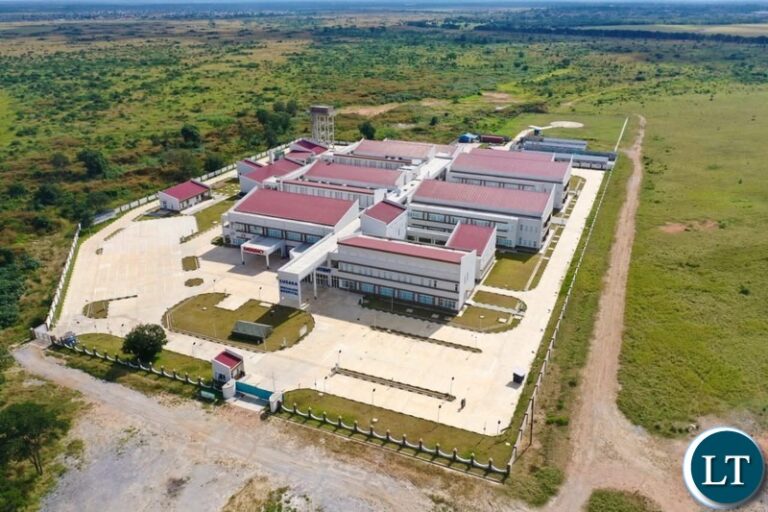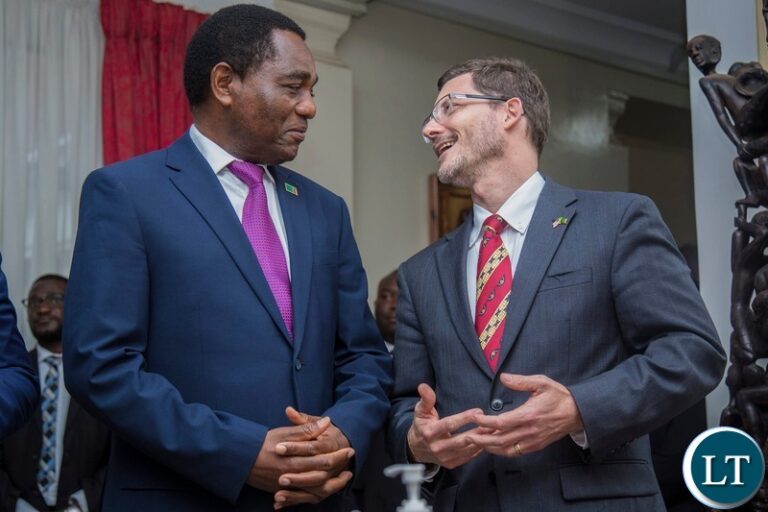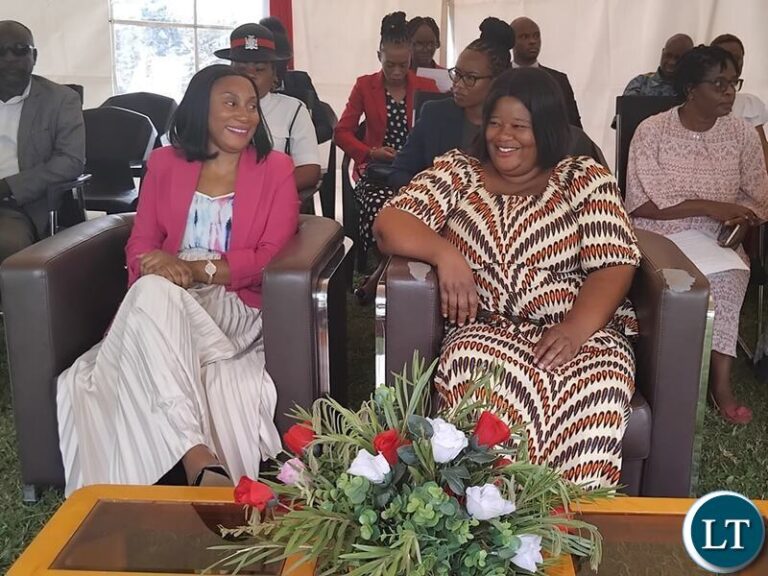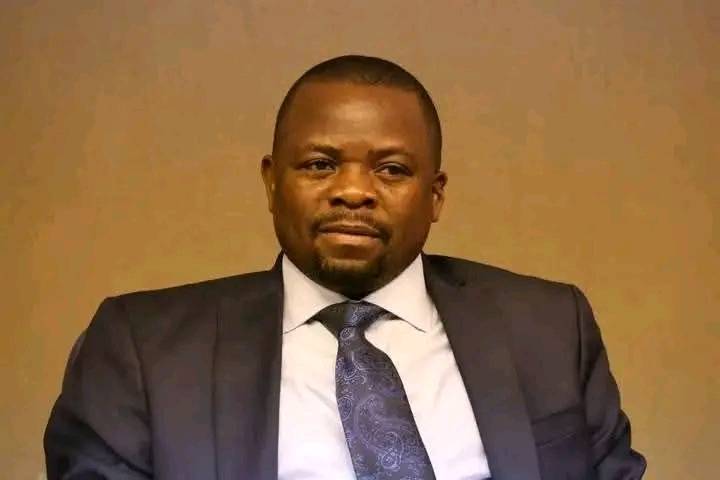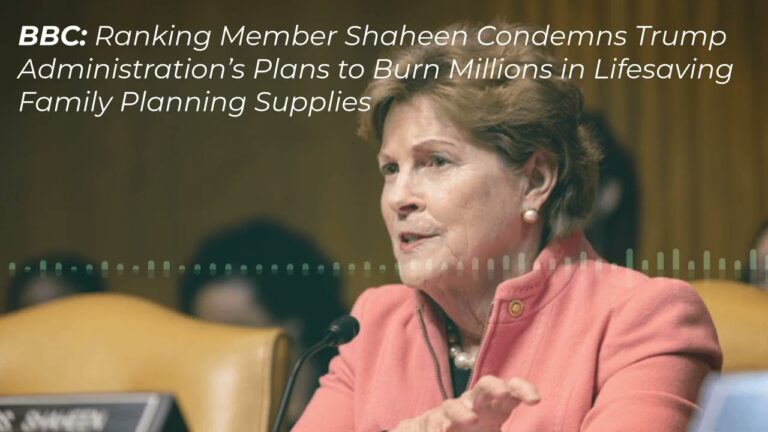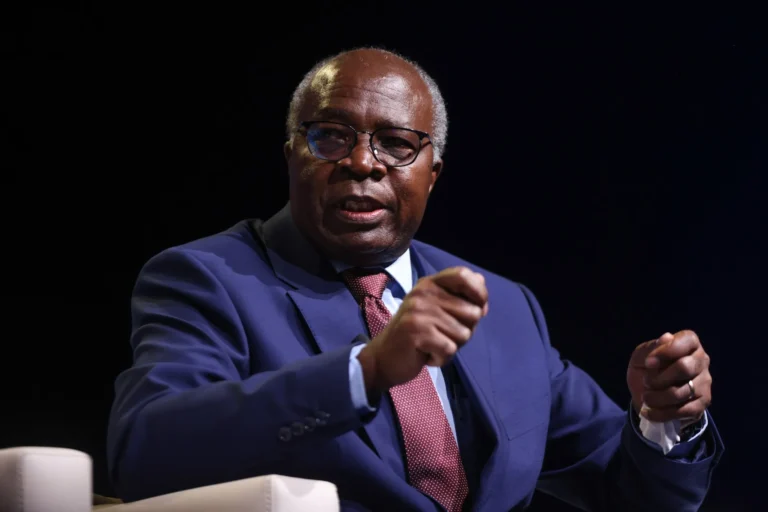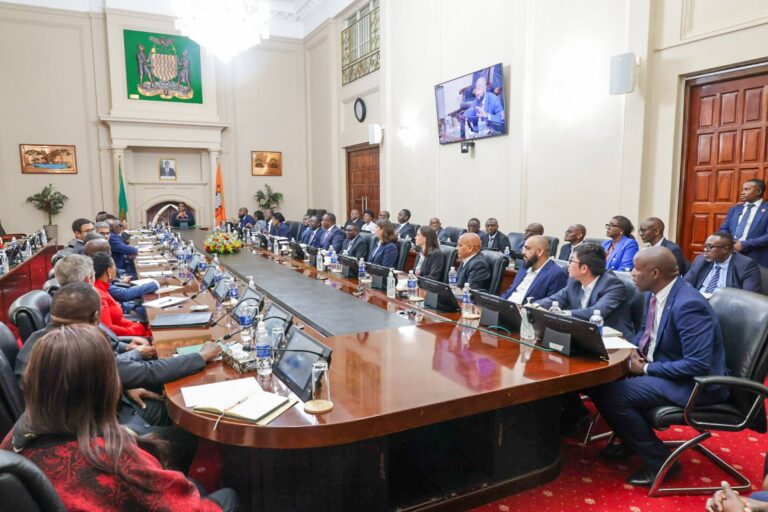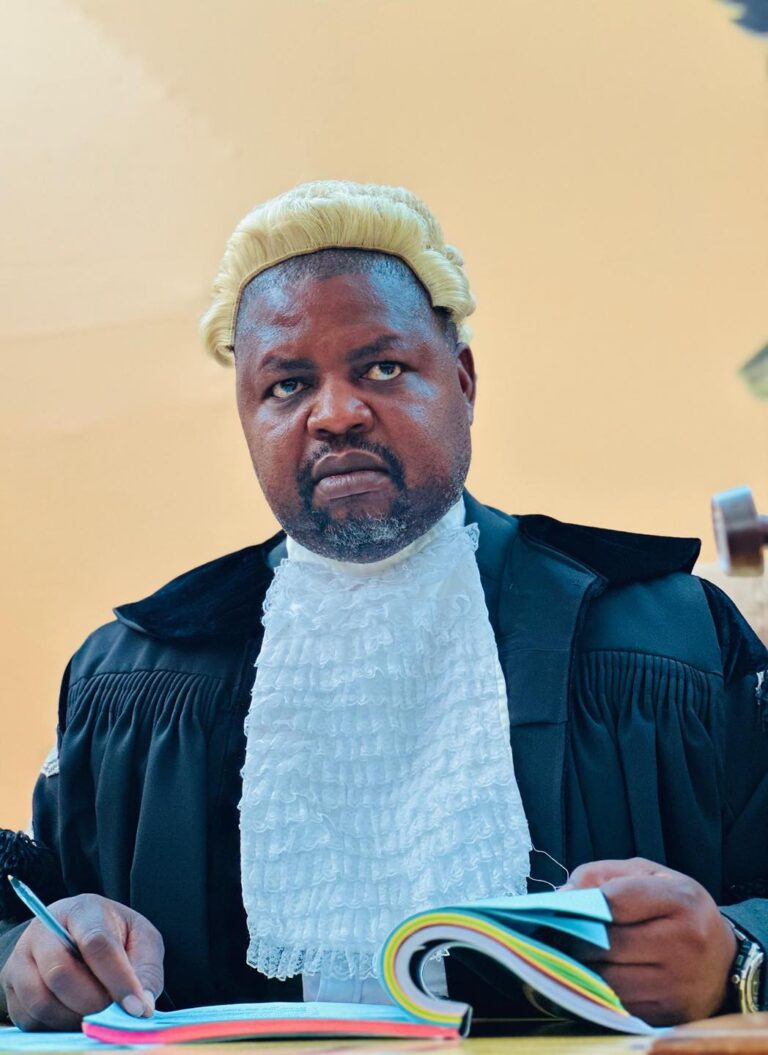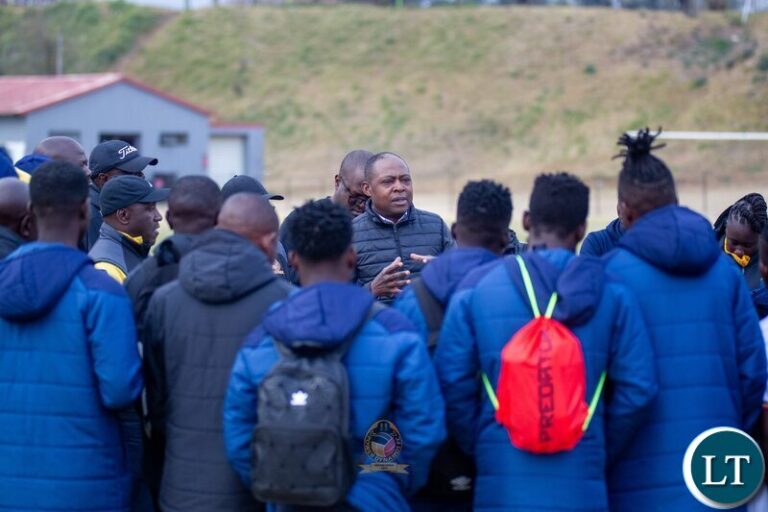By Kennedy Mbewe | Makanday Investigations
THE UNFOLDING ‘MATTER OF THE HEART’
According to a post shared on the National Heart Hospital’s Facebook page on June 17, 2025, a patient named Esther was referred to the facility for further evaluation and care. A scan revealed a mass growing in the left atrium of her heart.
She was admitted and prepared for surgery. On June 9, 2025, a dedicated cardiac team at the hospital successfully performed a left atrial myxoma excision, along with a mitral valve replacement—a critical procedure aimed at removing the tumor and restoring normal heart function.
Part of the post read: “Today, she is doing remarkably well, and we are truly delighted to see her back on her feet and on the path to full recovery.”
Esther’s case is just one of many powerful success stories recorded by the health facility since its establishment in early 2021.
According to the World Health Organisation 2023 report, Zambia’s premature mortality rate from cardiovascular disease (CVD) among people aged 30–70 stands at 10%, highlighting the critical role of institutions like NHH in saving lives.
Situated off Airport Road near the Waterfalls Mall area east of Lusaka town, the hospital was built on land donated for its development in Chongwe district, just outside the city centre. The government allocated the land to ease pressure on the University Teaching Hospital (UTH)—Zambia’s highest referral facility—and to reduce reliance on costly overseas referrals.
Developed in partnership with Japan’s Tokushima International Cooperation (TICO), the modern 120-bed facility includes a 25-bed Intensive Care Unit.
However, the future of Zambia’s flagship cardiac institution has come under public scrutiny following reports that the state-of-the-art facility may have been sold to private interests.
“I’ve heard those reports, but I can’t confirm their accuracy as I haven’t been at the hospital for some time…,” said a hospital staff who asked for his identity to be withheld.
Another staff member reflected on the hospital’s growth: “Seeing the transformation from a small cardiac unit at UTH to a fully-fledged cardiac hospital has been the highlight of my career. The most important question now is: why—especially for this hospital?”
While the government denies an outright sale, it has confirmed entering into a Public-Private Partnership (PPP) to manage the hospital—raising concerns about transparency, job security, and continued access to affordable healthcare.
Reports indicate that staff at the National Heart Hospital (NHH) were recently informed of a new commercial management structure under undisclosed ownership. However, on June 16, 2025, Health Minister Dr Elijah Muchima dismissed claims that the hospital had been sold.
“No, it’s not true—the hospital has not been sold. Instead, the government has entered into a Public-Private Partnership with a major hospital,” Dr Muchima told MakanDay in a phone call. “We don’t sell government property just like that. There’s a procedure through the Ministry of Finance. Have you heard the Minister of Finance announce the sale of that hospital?”
Dr Muchima declined to name the private partner, stating only that it is a “significant institution” expected to bring in equipment to benefit the Zambian people.
“Under a PPP, it’s give and take. You have to understand how the two sides will operate it. Those details are being handled by the Ministry of Finance and the Ministry of Infrastructure. The public will be informed,” he said, referring further questions to Finance Minister Situmbeko Musokotwane or Infrastructure Minister Charles Milupi.
When contacted, Infrastructure Minister and PPP Council Vice-Chairperson Charles Milupi confirmed that the proposal had not yet reached the PPP Council.
“The matter has not even come to the PPP Council. We have not sat to deliberate on it. That doesn’t mean it’s not in process—I can only comment once it reaches us,” he explained.
“We want state-of-the-art facilities so that Zambians can be treated locally, instead of being sent abroad at huge cost to the government,” he added.
He added that PPPs are necessary for large infrastructure projects, citing examples of the Lusaka–Ndola and Ndola–Mufulira roads, which are both being constructed under PPPs.
Previously, the hospital has partnered with several international organisations—including Japan’s TICO, Israel’s Save a Child’s Heart, and Tanzania’s Jakaya Kikwete Cardiac Institute—on capacity building and pediatric cardiac care.
Staffed by a multinational team of highly skilled doctors, the hospital reached a major milestone when it began performing heart surgeries, made possible through collaboration with TICO.
According to the Ministry of Health, by 2025 the hospital had successfully performed over 114 life changing cardiac surgeries, alleviating pressure on the national health care system and enhancing patient’s outcome.
In November 2022, the Zambian government formalised a US$320 million PPP to expand cardiac surgery capacity, involving partners like TICO.
Two years later, in November 2024, a US$10.4 million oxygen plant project was also commissioned at the facility under another PPP with UNOPS and the Global Fund.
Former Health Professions Council of Zambia (HPCZ) Chief Executive Officer Professor Fastone Goma welcomed the idea of a PPP but urged caution.
“Having a PPP in place is not necessarily bad. It can help regulate prices and make services affordable. But government must tread carefully,” he said.
On job security, Professor Goma said Zambian labour laws are clear: imported labour must be justified, especially in specialised fields like medicine.
“There is no way foreigners can take jobs that Zambians can do. Even if some foreign specialists are brought in, Zambia currently has a deficit of health workers, so it shouldn’t disadvantage locals,” he added.
He gave the example of Indian hospitals that operate efficiently and cost-effectively, suggesting that similar models could benefit Zambia.
Kennedy is a talented journalist based in Kitwe at Radio Icengelo. He is currently on a three-month paid internship at MakanDay after he emerged second in the prestigious 2024 MakanDay Media Awards.



